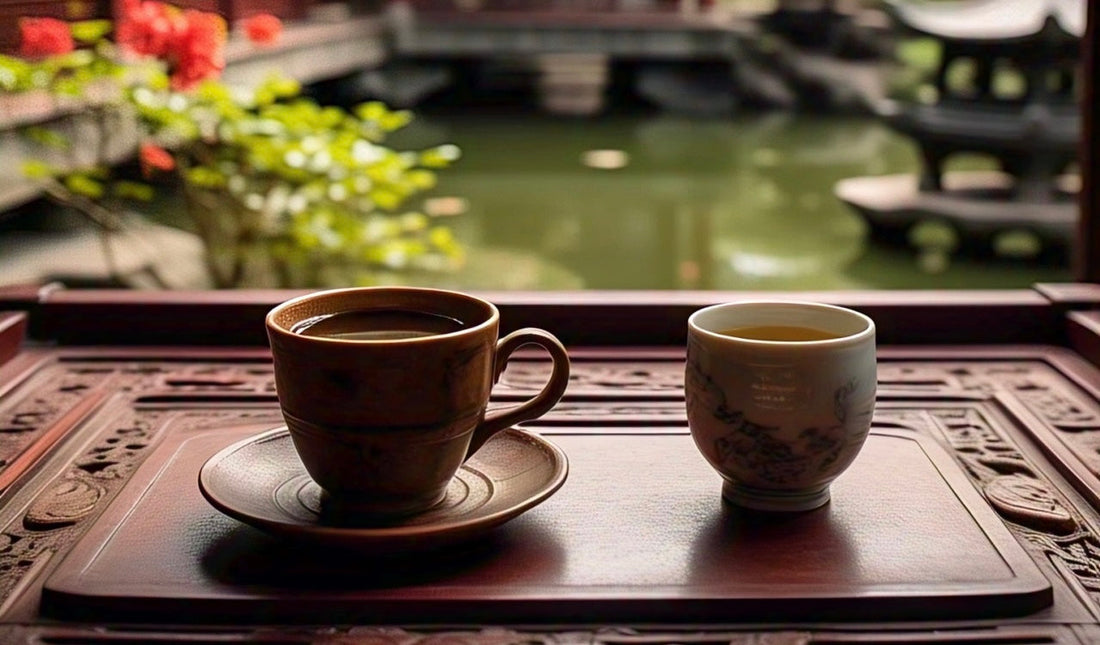
Caffeine in Tea vs Coffee
Share
While the caffeine in coffee and tea is chemically the same, how it works in your body is surprisingly different. These differences go beyond just the amount of caffeine—they're about how each drink makes you feel.
How Coffee Hits
Coffee is like an energy sprint. It’s fast, bold, and delivers a quick jolt to wake you up. Why? Coffee’s caffeine content is higher—a cup of 8oz contains 80mg – 265mg caffeine varies from different types—and it absorbs quickly, giving you that immediate buzz.
The downside? It can feel like a caffeine rollercoaster. That sharp energy spike might leave you crashing later, especially if you’re sensitive to caffeine. And without much else to balance it, coffee can sometimes cause jitters or make you feel wired.
How Tea Feels Different
Tea, on the other hand, is more of a gentle stroll. An 8 oz cup has less caffeine—usually 20–70 mg, depending on the type (green, black, or oolong)—but the way it works is unique. Tea contains L-theanine, a compound that slows the caffeine release and brings a calming, focused effect.
Think of tea as a steady stream of energy instead of a spike. It helps you stay alert without feeling jittery, and the relaxed focus it provides makes it a favorite for meditation or long, thoughtful afternoons.
Which One Should You Choose?
- Need a quick pick-me-up? Coffee’s your go-to for powering through a sleepy morning.
- Looking for calm energy? Tea is perfect for focus and balance, whether you’re working, reading, or just enjoying a quiet moment.
Both drinks are rich in antioxidants and have their own benefits, but they deliver their caffeine in totally different ways. Ultimately, it’s about what you need at the moment—a coffee for the rush or a tea for the calm. Either way, you’re in for a treat.



